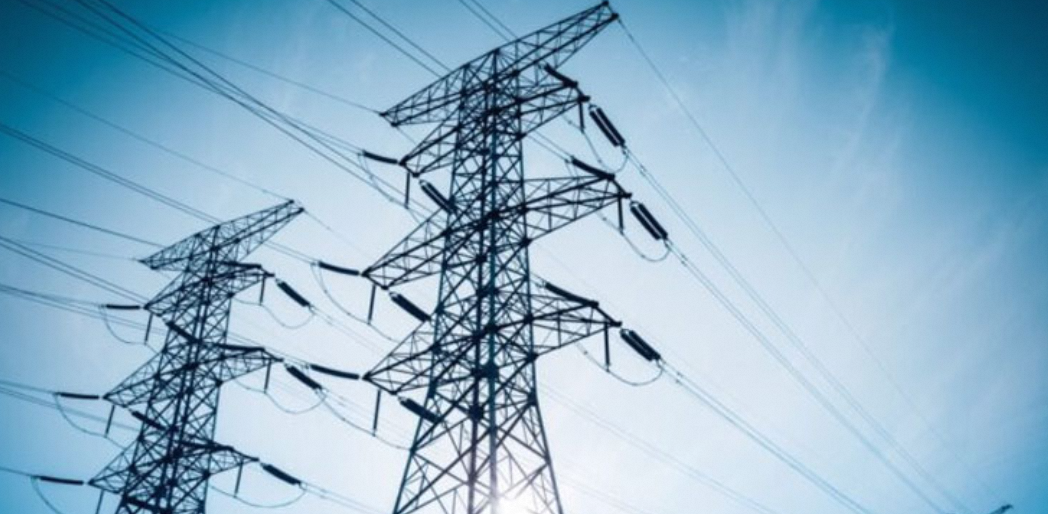
K-Electric Tariff Likely to Be Slashed by Rs.4.69/Unit
Introduction
The energy sector in Pakistan has been under intense scrutiny due to rising electricity prices, power shortages, and public outcry over inflated bills. In a significant development, the National Electric Power Regulatory Authority (NEPRA) has hinted at a possible reduction in electricity tariff for K-Electric consumers by Rs.4.69 per unit. If approved, this move is expected to bring much-needed relief to millions of electricity consumers in Karachi, the country’s economic hub. This article examines the factors leading to this potential tariff cut, its implications, and the broader context of electricity pricing in Pakistan.
Background of the Tariff Adjustment
K-Electric, the sole power utility company serving Karachi, submits regular adjustment requests to NEPRA based on changes in fuel costs, power purchase prices, and other economic indicators. These adjustments are part of the Fuel Charges Adjustment (FCA) mechanism, which reflects fluctuations in generation costs. The proposed Rs.4.69/unit decrease falls under the FCA for the month of April 2025.
According to NEPRA’s notice, this adjustment was calculated by analyzing the difference between the reference fuel cost and the actual fuel cost incurred by K-Electric. The authority held a public hearing recently to review the request and gather stakeholder input. While the final decision is still pending, indications from NEPRA’s initial assessment suggest that the tariff reduction is likely to be approved.
Fuel Cost Decline and Generation Mix
One of the primary reasons behind the proposed reduction is the decrease in global fuel prices, particularly that of re-gasified liquefied natural gas (RLNG) and furnace oil, which are major inputs in electricity generation. The international energy market has witnessed a downward trend in fossil fuel prices due to increased production, reduced demand in certain regions, and geopolitical developments.
Moreover, K-Electric’s generation mix has seen a gradual shift toward more efficient power plants and greater reliance on cost-effective energy sources. This transition has reduced the overall cost of power production, allowing the company to pass on the benefit to consumers in the form of lower tariffs.
Impact on Consumers
If the proposed Rs.4.69/unit cut is approved, it would offer substantial relief to both residential and commercial consumers. A reduction of this magnitude can significantly lower monthly electricity bills, especially during the summer season when energy consumption typically spikes due to cooling requirements.
For instance, a household consuming 300 units of electricity per month could potentially save over Rs.1,400, while a small business with higher usage could see even greater reductions. This relief is particularly important at a time when inflation is eroding purchasing power and utility expenses are a major burden on household budgets.
Government and Regulatory Perspective
The federal government has shown a commitment to rationalizing electricity tariffs and aligning them more closely with actual production costs. In line with this policy, NEPRA regularly conducts transparent hearings and consults all stakeholders before approving any tariff changes.
The authority maintains that timely adjustments under the FCA mechanism ensure financial sustainability of power utilities while protecting consumer interests. However, NEPRA also emphasized that these adjustments are temporary and subject to change based on fuel cost volatility and other external factors.
Broader Implications for the Power Sector
While the immediate benefit of the tariff cut is financial relief for consumers, it also has broader implications for the power sector. Lower tariffs can improve public trust in the regulatory process and utility companies, which is essential for long-term investment and reform. Additionally, reduced electricity prices may encourage higher usage, leading to increased demand and potentially better utilization of generation capacity.
On the other hand, sustained reliance on FCA-based adjustments highlights the need for structural reforms in the energy pricing model. Experts have called for a shift toward more predictable and transparent tariff-setting frameworks that reduce dependence on volatile international fuel markets.







